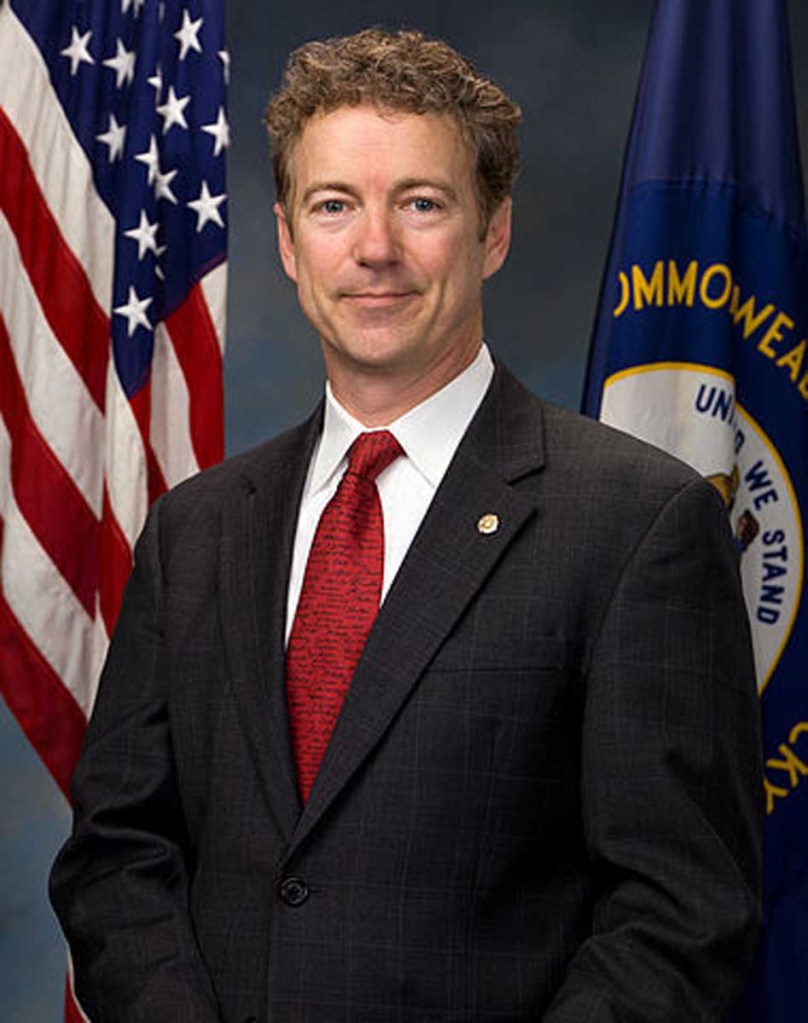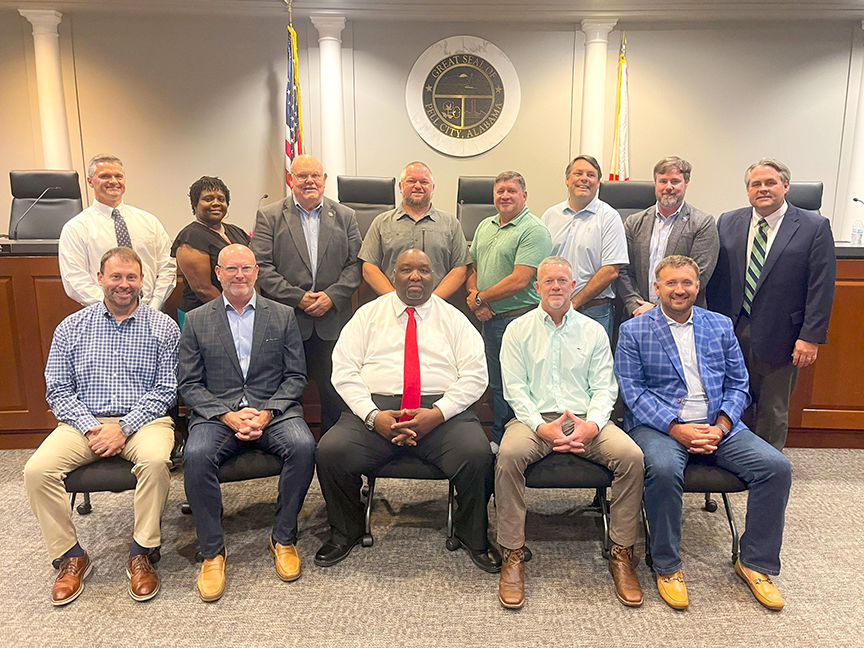In a crowded GOP presidential field for 2016, here’s the top 10
Published 7:45 am Monday, December 8, 2014

- Kentucky Sen. Rand Paul
If there’s one thing you can say about the 2016 Republican presidential field, it is this: It is going to be huge.
There are as many as 23 names on some long (long) lists of potential candidates. That’s twice(!) as many people as have run for the GOP nomination in any previous campaign. Now, not all of those “candidates” will actually run – Sen. Bob Corker and Rep. Marsha Blackburn, both of Tennessee, don’t make much sense as presidential candidates, to name just two – but a huge field of serious contenders remains.
Although all won’t make the race, the fact that there are so many credible potential candidates speaks to the key dynamic of the coming Republican race: There is no true front-runner.
You can make the case for Jeb Bush as the top dog. Or Chris Christie. Or, as we have in the ratings below, Rand Paul. But you can unmake each of the cases – including ours – pretty easily. When national polls put the leading contender at 15 percent, you know the word “front-runner” doesn’t mean much.
Given that, the prevailing sentiment among ambitious Republicans looking at 2016 is “Why not me?” As in, if the best-known potential candidates are polling only in the mid-teens (at best), why the heck shouldn’t I run and just see what happens? That attitude is affirmed by what happened in the 2012 primary fight, a remarkably fluid contest in which previously unknown candidates such as Herman Cain got their moment(s) in the national spotlight.
Add it up and you can expect to see as many as 15 legitimate candidates in the presidential contest at some point in the next two years.
Below are our rankings of the 10 who have the best chance of winding up as the Republican nominee. The candidate ranked No. 1 is the most likely winner.
10. Rep. Paul Ryan (Wis.). The 2012 GOP vice-presidential nominee is on this list because he would be a front-runner the moment he got in. But Ryan also seems entirely happy to continue serving in the House. He just traded in his House Budget Committee chairmanship for the more powerful Ways and Means Committee, which gives him ample reason to stick around.
9. Former governor Mike Huckabee (Ark.). On one hand, there are national and early-state polls that show Huckabee is among the best-known and best-liked politicians weighing the 2016 contest. On the other hand, Huckabee seems no more committed to building a real campaign infrastructure or raising money than he was in 2008, when his inability to do either made it impossible for him to capitalize on the momentum gained from his win in the Iowa caucuses.
8. Sen. Ted Cruz (Texas). Cruz is, and will continue to be, the most conservative candidate in the field. He is also the front-runner to be the candidate whom all of the others privately – and maybe even publicly – detest. Cruz, of course, relishes that role, believing that it affirms just how much of an outsider he is to the political process. He will probably have a devoted and committed 10 to 15 percent following in a place such as Iowa; the question is whether he can grow beyond that loyal base or whether he is Michele Bachmann 2.0.
7. Gov. Bobby Jindal (La.). Jindal has enlisted former senator Jim Talent (R-Mo.) and John Bolton, former ambassador the United Nations, to advise him on foreign policy. That’s the move of someone who is preparing to run for president. But with Jindal, that was never really in doubt – especially because he is termed out as governor in early 2016.
6. Gov. John Kasich (Ohio). Kasich continues to do the best thing he can for his 2016 prospects: insist that he isn’t all that interested in running. Don’t believe him. As we’ve said before, the best indicator of a future run for the presidency is having done it in the past. And Kasich ran for president, albeit briefly, in 2000.
5. Gov. Scott Walker (Wis.). Well, he survived. Walker won his third gubernatorial election in four years last month, defeating Democrat Mary Burke by five points. The question is whether Walker wants to jump back on the campaign trail after tough races in 2010 and 2014, and a recall battle in 2012. That’s a lot to ask of him. But winning a blue-leaning state three times in a row makes Walker a hot commodity, and he might not have as good a chance anytime soon.
4. Sen. Marco Rubio (Fla.). Rubio is like a talented college basketball player who goes pro after his freshman year. Everyone knows he has the ability, but it’s not clear whether he can put it all together in the near term. Rubio is the most naturally talented candidate this side of Christie, but he’s also young and relatively inexperienced at the national level.
3. Former Florida governor Jeb Bush. Bush offered some interesting comments last week, saying Republicans need candidates who are willing to “lose the primary to win the general, without violating your principles.” That’s a nice sentiment, and few embody that approach better than Bush. But there’s a reason politicians pander: because they don’t like to alienate people whose votes (and money) they need. If Bush does run in the primary as an unapologetic supporter of comprehensive immigration reform and Common Core, we’ll see whether GOP voters reward his electability argument. Count us skeptical.
2. New Jersey Gov. Chris Christie. Few people emerged from November’s election happier than Christie. As the chairman of the Republican Governors Association, it was looking like a tough year – even up to Election Day. But the RGA beat expectations, holding 31 of the nation’s 50 governorships. And, on Friday, Christie got even more good news when a Democratic-led investigation into Bridgegate showed no evidence that he knew about the apparently politically motivated lane closures on the George Washington Bridge.
1. Sen. Rand Paul (Ky.). People used to roll their eyes when we said Paul had a real chance to be the Republican nominee in 2016. Not anymore. Paul has a unique activist and fundraising base, thanks to his father’s two runs for president, and has shown considerable savvy in his outreach to the establishment end of the party over the past few years. Paul still says odd things – his blaming of high cigarette taxes for Eric Garner’s chokehold death at the hands of New York City police being the latest – that would get him in trouble in the heat of a presidential race. But he is the candidate furthest along in the planning process for president and the one with the most strength in early states such as Iowa, New Hampshire and South Carolina.



